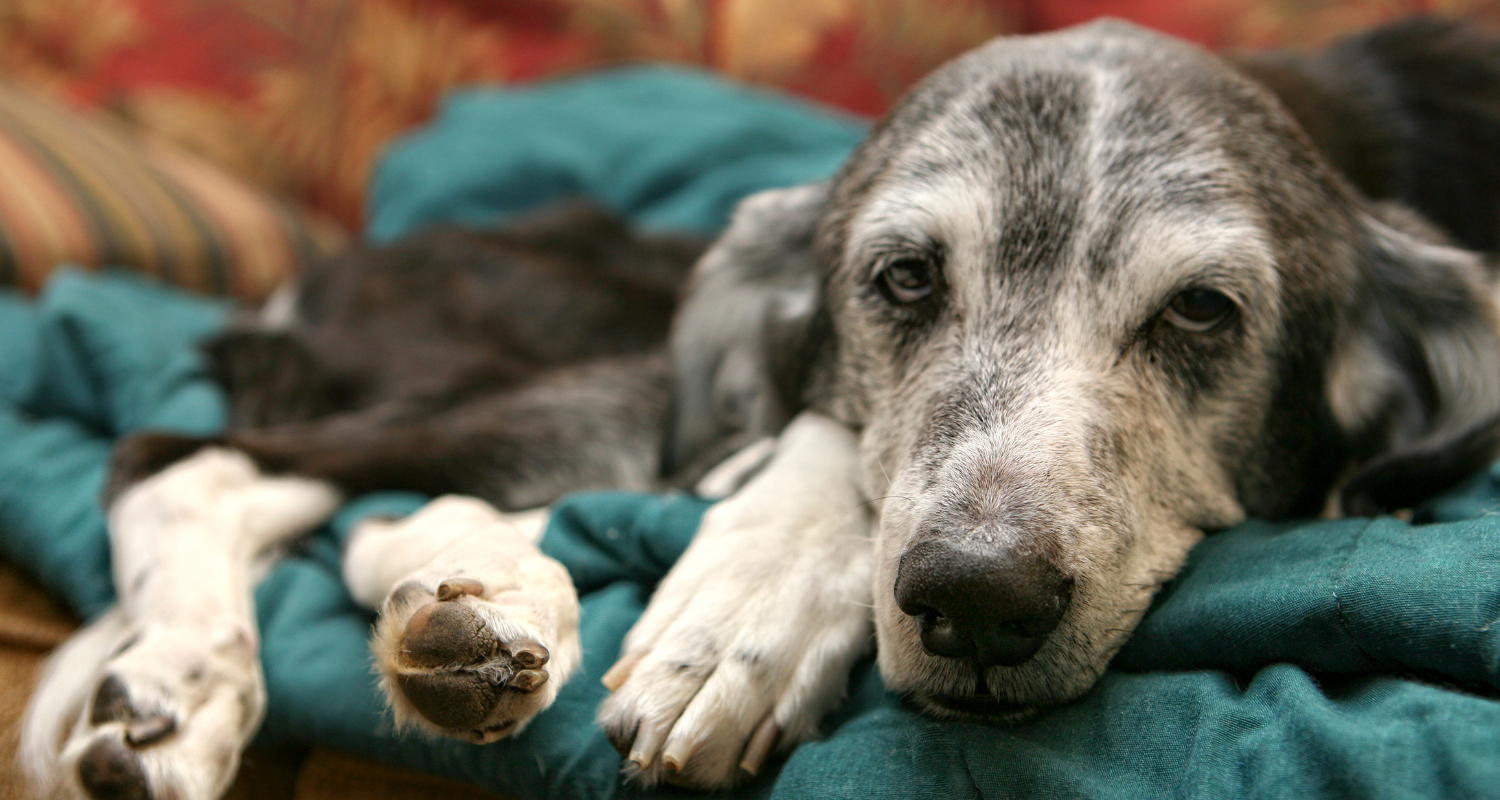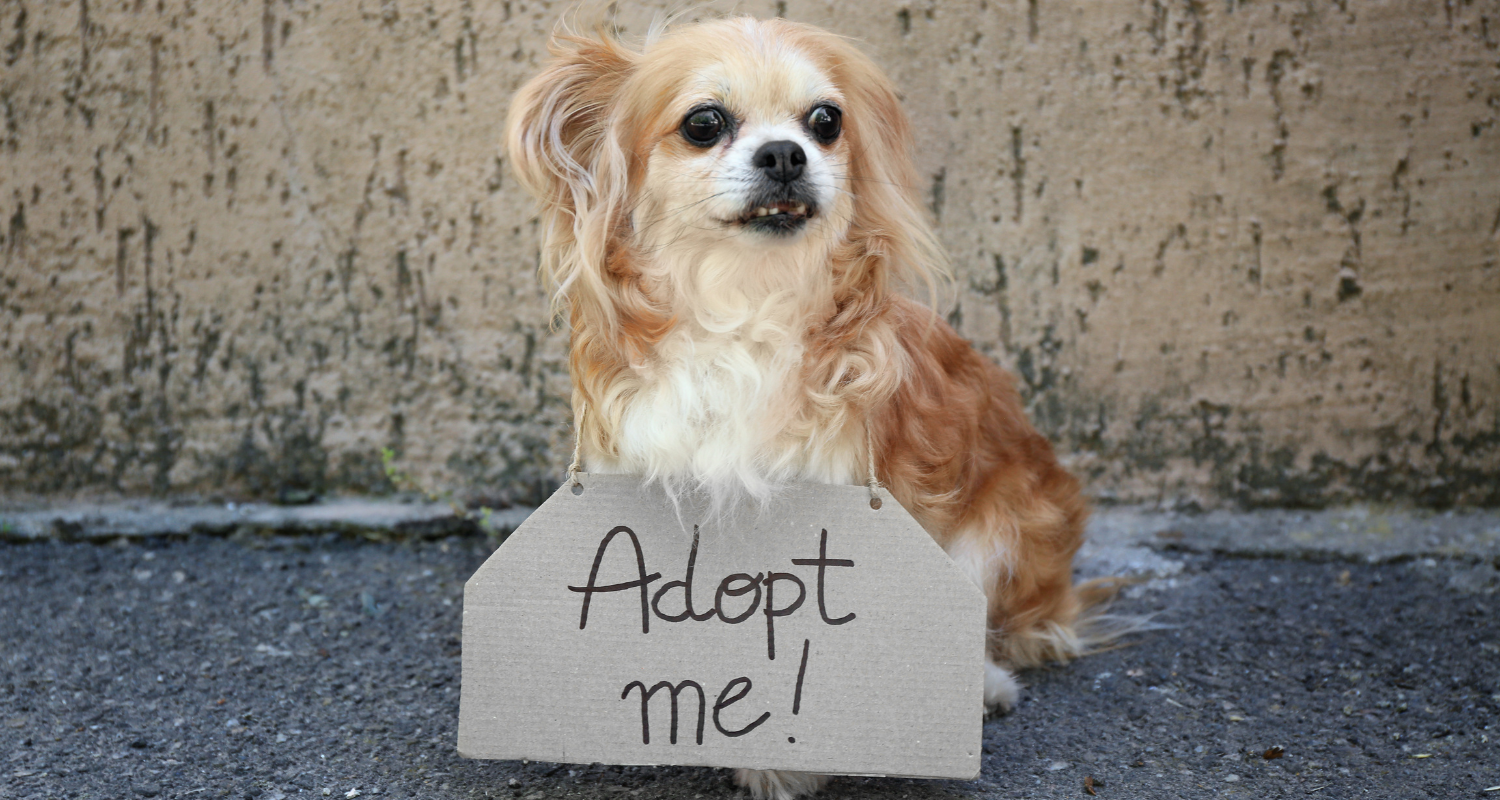As our beloved canine companions age, their needs change, requiring a shift in our care routines to ensure their comfort, health, and happiness during their golden years. Caring for a senior dog involves understanding and addressing their evolving physical and emotional needs with compassion and dedication. In this comprehensive guide, we'll explore essential tips and strategies for providing the best possible care for your senior dog.
-
Regular Veterinary Check-ups: Regular veterinary check-ups become even more critical as your dog ages. Schedule bi-annual or annual wellness exams to monitor your senior dog's health, catch any potential issues early, and adjust their care plan accordingly. Your veterinarian may recommend additional screenings, such as blood tests, urinalysis, and X-rays, to assess your dog's organ function, detect age-related diseases, and provide appropriate treatment.
-
Balanced Nutrition: Proper nutrition plays a vital role in supporting your senior dog's overall health and well-being. Choose a high-quality senior dog food formulated specifically for older dogs' nutritional needs, which may include lower calorie content, joint support supplements, and easily digestible proteins. Monitor your dog's weight and adjust their diet as needed to maintain a healthy body condition. Additionally, consider consulting with your veterinarian about adding supplements, such as glucosamine and omega-3 fatty acids, to support joint health and cognitive function.
-
Gentle Exercise and Mental Stimulation: While senior dogs may not have the same energy levels as their younger counterparts, regular, low-impact exercise remains essential for maintaining muscle tone, joint flexibility, and mental stimulation. Short walks, gentle play sessions, and low-impact activities like swimming can help keep your senior dog physically and mentally active without putting undue stress on their aging bodies. Provide enrichment activities, such as puzzle toys, scent games, and gentle training exercises, to keep your dog's mind sharp and engaged.
-
Comfort and Mobility Aids: As dogs age, they may experience mobility issues, arthritis, and other age-related conditions that impact their comfort and mobility. Consider investing in orthopaedic beds, ramps or stairs to help your dog access elevated surfaces, and non-slip flooring to prevent slips and falls. Provide soft, supportive bedding in warm, draft-free areas of your home where your senior dog can rest comfortably. Talk to your veterinarian about additional mobility aids, such as joint supplements, orthopaedic braces, or prescription medications, to help manage your dog's pain and improve their quality of life.
-
Dental Care: Dental health is often overlooked but crucial for senior dogs' overall well-being. Dental disease can lead to pain, infection, and systemic health issues if left untreated. Establish a regular dental care routine that includes brushing your dog's teeth daily or several times a week with a dog-friendly toothpaste and toothbrush. Offer dental chews, dental toys, and dental treats approved by the Veterinary Oral Health Council (VOHC) to help reduce plaque and tartar buildup between brushings. Schedule professional dental cleanings as recommended by your veterinarian to maintain your senior dog's oral health.
-
Environmental Modifications: Make adjustments to your home environment to accommodate your senior dog's changing needs. Ensure that food and water bowls are easily accessible at a comfortable height to prevent strain on your dog's neck and joints. Provide multiple, strategically placed water stations to encourage hydration, especially if your dog has mobility issues. Use baby gates or barriers to block off stairs and other potential hazards, and consider installing non-slip mats or rugs to provide stability on slippery surfaces.
Caring for a senior dog is a labor of love that requires patience, empathy, and a commitment to meeting their evolving needs. By prioritising regular veterinary care, balanced nutrition, gentle exercise, comfort and mobility aids, dental health, and environmental modifications, you can help your aging companion enjoy a happy, comfortable, and fulfilling life well into their golden years. Cherish each moment with your senior dog, and treasure the special bond that you share.





Leave a comment
This site is protected by hCaptcha and the hCaptcha Privacy Policy and Terms of Service apply.